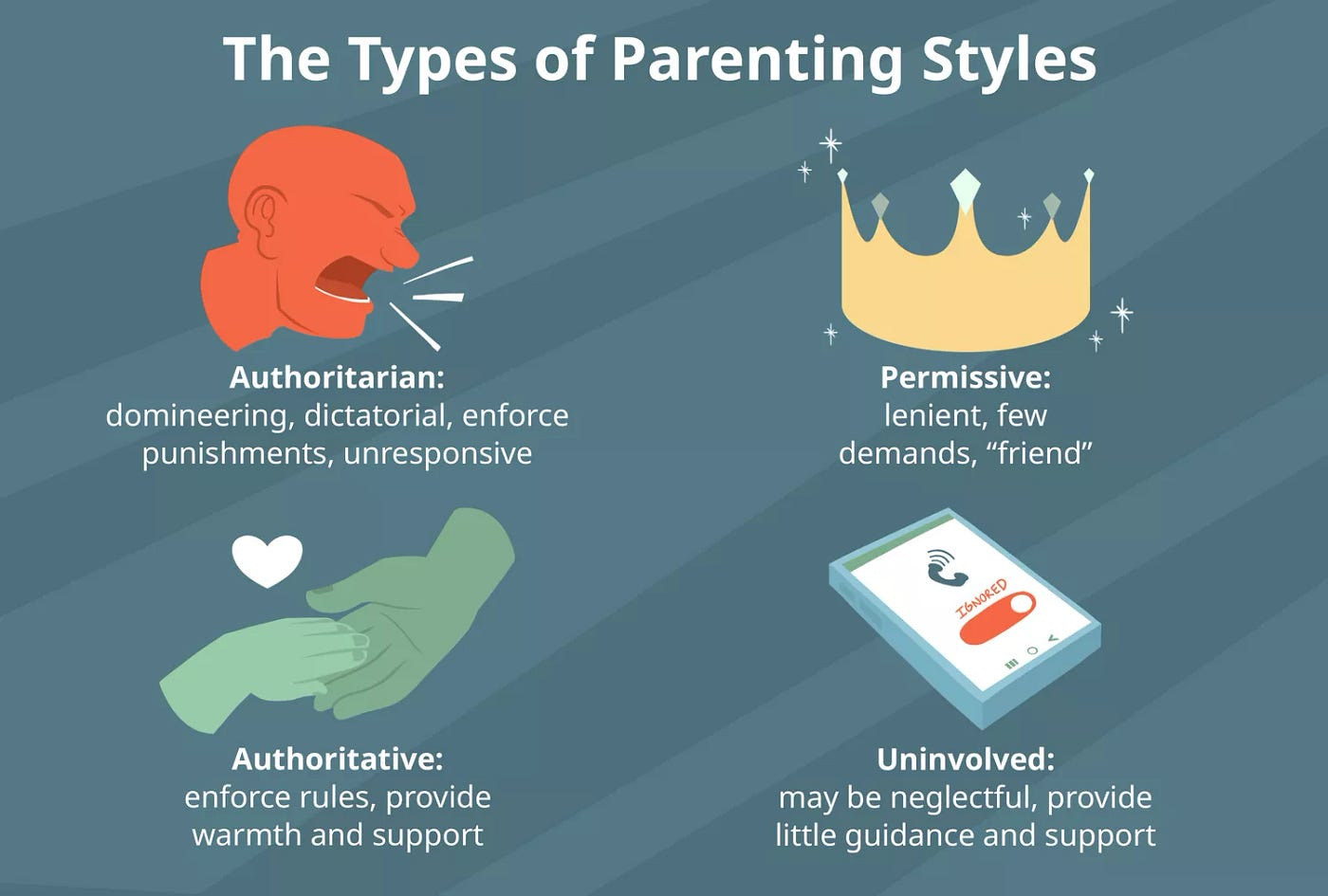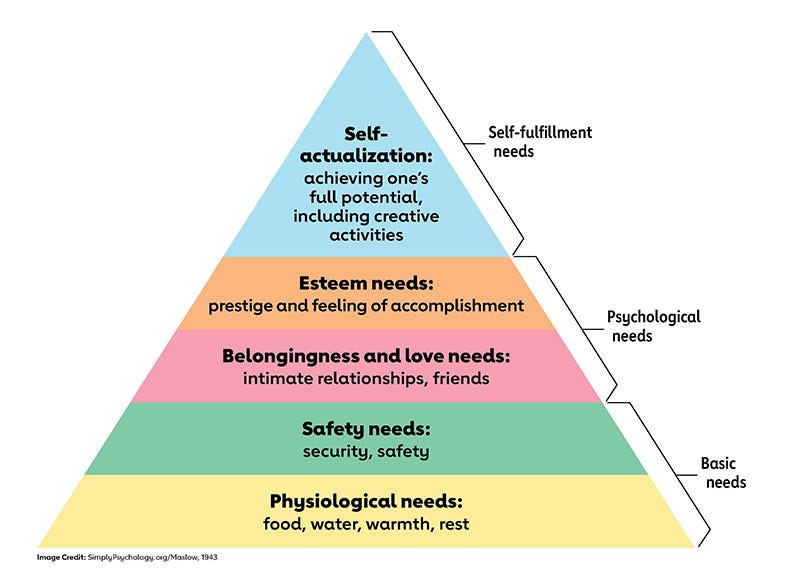The transition between high school and post-secondary is a strange and often stressful time in the lives of many people. Senior students, including myself, face some psychological challenges at this stage as they are often met with significant loads of academic work, feel the obligation to do better than their peers and impress their parents, and of course, they have big decisions to make regarding their future (which also includes a lot of planning). The three most salient pressures that tend to cause these psychological challenges all revolve around parenting and one’s cognitive and social intelligence.
Parenting
Perhaps the biggest pressure that senior students face as they are about to embark on their post-secondary journey is parental pressure. Parenting is a considerable factor that can shape one’s attitude, way of thinking, moral principles, and intelligence (amongst other things, of course) from a young age. While there may be other factors that influence these traits in an individual, such as their interactions/relationships with friends and even their genetic makeup, parenting is by far the most influential. There isn’t just one form of parenting, however. Psychologist Diana Baumrind identified four main parenting styles based principally on two dimensions: responsiveness (warmth and supportiveness) and demandingness (expectations and discipline). The way parents nurture and raise their children is a good predictor of how much pressure senior students may face when transitioning to post-secondary and how they can overcome them.
The most ideal style of parenting, known as authoritative parenting, involves parents who are nurturing and responsive but who also set reasonable expectations and boundaries. At the same time, they encourage open communication and value their children’s autonomy so that both their perspective and their children’s perspective on an issue can be heard and acknowledged. Individuals raised under this parenting style often grow up becoming self-reliant and socially competent children who can solve their problems individually. Senior students about to embark on their post-secondary journey who are raised under authoritative parents may face parental pressure to succeed but can discuss their challenges with their caring parents and receive help wherever needed. In addition, as they are more confident, these students may feel less stressed and more optimistic than many of their other peers.
Authoritarian parenting involves strict parents who are demanding and often use punishment to enforce compliance in their children. Individuals raised under this rather notorious parenting style often face the greatest parental pressure and also struggle with decision-making, which translates to issues regarding the planning of their future following high school. Permissive parenting involves parents who are lenient and indulgent, nurturing but avoid setting restrictions on their children. These children usually grow up to become spoiled and often get into trouble with some form of authority that isn’t their parents. Senior students with permissive parents may lack motivation to study or even try to get into a post-secondary institution as they tend to fail to understand the value of precious things such as education that can transform their lives. This is a big issue they may face, as it can put their future at risk.
Finally, there is uninvolved/neglectful parenting. These parents are emotionally distant and provide little guidance to their children. This essentially leads to individuals who lack self-esteem and self-regulation. Similar to senior students raised under permissive parents, senior students raised under neglectful parents lack the motivation to put in the work that gets them into the next stage of their educational journey but for a different reason: they believe that they don’t have what it takes or aren’t “worth it”. Since there is so much that comes from parenting, it is no surprise, therefore, that it is by far the most significant source of pressure cited by senior students.
Maslow’s Hierarchy of Needs
Another psychological concept that can explain some of the pressures and issues that senior students face as they embark on their post-secondary journey is, interestingly, Maslow’s Hierarchy of Needs. Proposed by psychologist Abraham Maslow, this hierarchical model categorizes human needs into given levels that are arranged in a pyramid structure.
At the base of the pyramid are physiological needs like food, water, and shelter, followed by safety needs, social belongingness needs, esteem needs, and finally, self-actualization at the pinnacle. The theory fundamentally suggests that individuals must first satisfy lower-level needs before progressing to higher ones. At this stage in their educational career, senior students begin to seriously consider and think about what they want to do professionally and as a result, what they want to study in post-secondary to achieve their dream professional career. Hence, it can be said that they are at the beginning of their self-actualization journey (provided that they’ve met all the more basic needs). This, primarily due to its complexity, is arguably the hardest step to achieve in Maslow’s Hierarchy of Needs (at least in first-world countries), and with difficulty comes stress and pressure. The embarkment on the journey to self-actualization is where much of the pressure that senior students experience stems from as they near post-secondary.
Cognitive Dissonance
The third and final psychological source of pressure on senior students is the concept of cognitive dissonance. A pivotal concept in the realm of Social Psychology, proposed by psychologist Leon Festinger, this theory posits that individuals experience psychological discomfort when holding conflicting beliefs and attitudes, or engage in behaviours that contradict their self-concept. In response to this discomfort, individuals are motivated to reduce the dissonance by either changing their beliefs, attitudes, or behaviours. Cognitive dissonance is especially prominent in teenagers as their brains have not fully developed yet (as you can probably tell by some of the unreasonable things they do).
Senior students like myself may sometimes act in ways that are against what we believe in. For instance, a senior student might be invited to a party organized by his/her friends. At the same time, though, they have a test to study for the next day. However, even though they’re aware that they have to study, they still proceed to accept the invitation and go to the party. This could cause quite a lot of psychological discomfort, which they can downplay if they decide to inform their friends that they can not go to the party and study instead. Such situations are not uncommon amongst senior students, as they are at a stage of life in which their brain rewards pleasure while at the same time, their future is at stake, which presents the issue of trying to balance studying and spending time with friends. The best that can be done to overcome this issue is to prioritize their time properly.
The process of a senior student embarking on their post-secondary journey is far from easy, as it is littered with challenges and pressures that all have a psychological background. However, whether those pressures come from parents, other students, teachers, or elsewhere, seniors can certainly deal with them with the proper thinking and attitude toward solving problems and regulating their emotions.
All the best to the grads of 2024 and beyond ❤️







